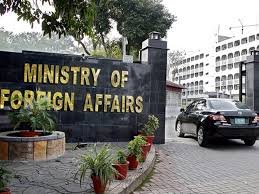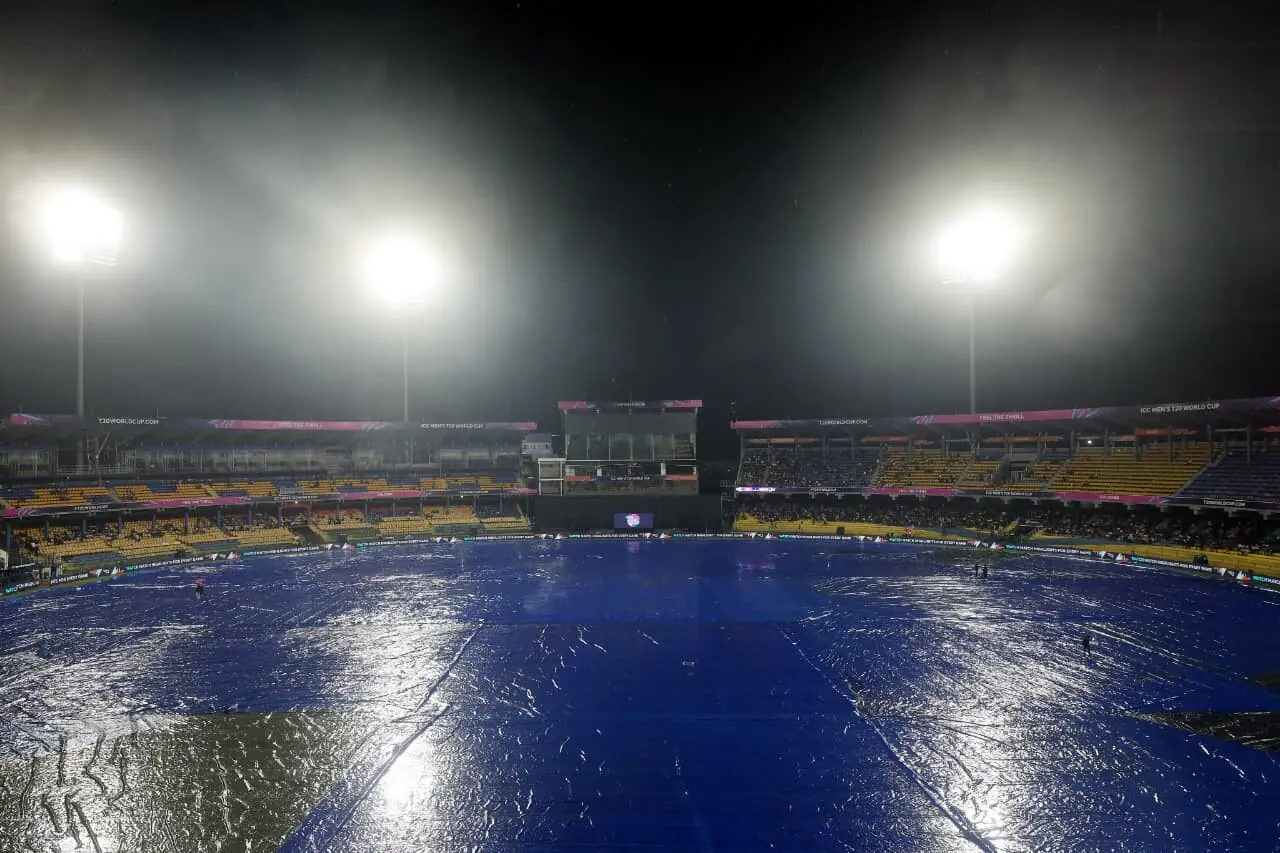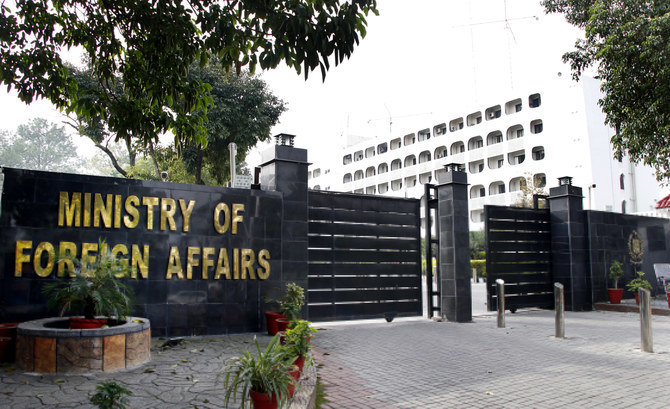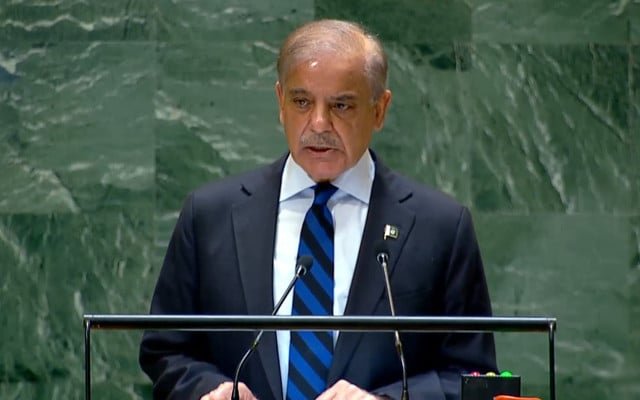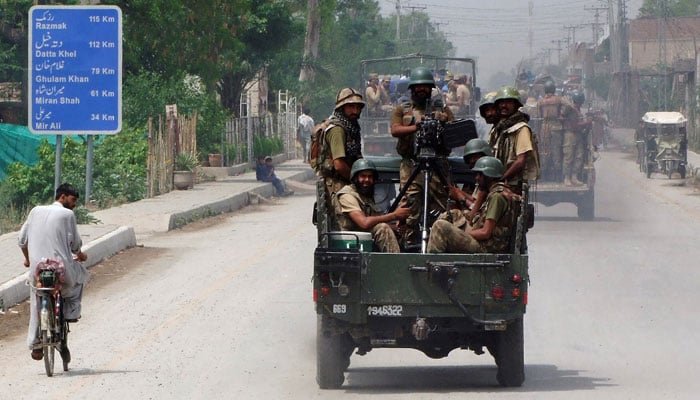In a high-stakes diplomatic mission following a brief military flare-up with India, Prime Minister Shehbaz Sharif arrived in Azerbaijan on Tuesday for a trilateral summit with the leaders of Türkiye and Azerbaijan. The focus of the summit is on expanding cooperation in trade, connectivity, and strategic collaboration among the three nations.
This marks the third leg of Sharif’s five-day regional tour, which began in Türkiye, continued in Iran, and now brings him to the Azerbaijani city of Lachin. The visit follows a four-day military standoff between Pakistan and India earlier this month, which erupted after a deadly attack in Indian-administered Kashmir killed 26 people. India promptly blamed Pakistan for the incident — a charge Islamabad strongly denied — calling instead for an impartial international investigation.
During the brief conflict, Pakistan and India exchanged drone, missile, and artillery fire, raising fears of a broader escalation. In response, Türkiye and Azerbaijan swiftly expressed their support for Pakistan’s stance. Sharif’s visit is widely seen as a diplomatic effort to consolidate this regional backing and promote stability through collaboration.
Upon his arrival at Lachin International Airport, Sharif was welcomed by Azerbaijani Foreign Minister Jeyhun Bayramov, Pakistan’s Ambassador Qasim Mueenuddin, and other senior diplomats. He is accompanied by Deputy Prime Minister and Foreign Minister Ishaq Dar, Information Minister Attaullah Tarar, and Special Assistant Tariq Fatemi.
Sharif will participate in the trilateral summit alongside Turkish President Recep Tayyip Erdogan and Azerbaijani President Ilham Aliyev. He will also hold separate bilateral talks with President Aliyev to deepen Pakistan-Azerbaijan cooperation.
Earlier in his tour, Sharif met with President Erdogan in Türkiye, where both leaders reaffirmed their strong bilateral partnership. They explored expanding collaboration in key sectors such as defense manufacturing, energy, IT, and infrastructure. Both sides recommitted to a $5 billion bilateral trade target, building on agreements signed during the High-Level Strategic Cooperation Council meeting held in Islamabad earlier this year.
Sharif’s next stop was Tehran, where he met Iran’s newly elected President Masoud Pezeshkian and Supreme Leader Ayatollah Ali Khamenei. During these discussions, Sharif extended a peace offer to India, expressing Pakistan’s willingness to engage in dialogue on critical issues including the Kashmir dispute, water-sharing, and counterterrorism.
Tehran welcomed Islamabad’s call for diplomacy, affirming its commitment to promoting peace and regional cooperation.
Pakistan’s relationship with Azerbaijan has grown in recent years, particularly through joint ventures in the defense and energy sectors. Baku has consistently supported Pakistan’s stance on the Kashmir issue in global forums. In return, Islamabad has offered Azerbaijan access to its seaports to facilitate trade with the rest of the world — a key step toward realizing broader regional connectivity initiatives linking Central Asia with South Asia.
The summit in Lachin is expected to build on these foundations, offering a platform for deeper trilateral collaboration among the three Muslim-majority countries. Analysts believe this strategic partnership could contribute to regional stability, economic growth, and a stronger collective voice in international affairs — especially at a time when geopolitical tensions remain high in South Asia.
Sharif’s diplomatic tour sends a clear message: Pakistan is seeking to reassert its regional relevance not through confrontation, but through cooperation, trade, and dialogue.



